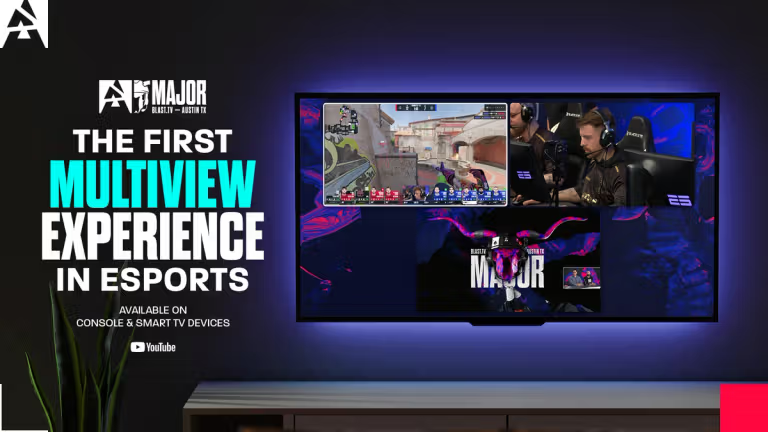
South Korea outlaws boosting for profit
Gaming in general and esports in particular often have a slightly odd stance when it comes to legal matters – most laws weren’t created with them in mind, and new legislation that would appropriately cover them takes a while to implement, and thus a bit of a void is created.
Naturally, criminals are quick to take advantage of opportunities when they present themselves, and few opportunities are as ripe as online player accounts for multiplayer games. From faking and cheating with currency to good old credit card fraud, there are plenty of chances for people to take short-cuts.
One such short-cut (thankfully one that doesn’t involve handing over credit card details to ‘Steven’ from ‘Wichita’), is boosting – the act of letting a better player play on your account to level it up past your own skills. It’s particularly popular with ranked games like Overwatch, CS:GO or LoL. Feeding isn’t uncommon either – this is the act of intentionally letting an enemy kill you so they get an advantage.

© Robert Paul | Blizzard Entertainment
Usually, intentional boosting or feeding is against the terms and conditions of the specific game, but as far as restrictions go, that’s really about it. At least, it has been so far. This is now no longer the case in South Korea, where boosting for profits has recently been made illegal. As an esports hotspot, South Korea does have a significant problem with boosting, and a large amount of boosters are based there as well.
In other words: Being paid or paying someone to help you level your account is now not just against the rules, but actually against the law there. It makes sense that something like this would happen in South Korea first, where esports are one of the most popular hobbies there is among teens and young adults.
As such, having a high-level or high-profile account, is a little like a status symbol… and as always, skipping the line so to speak is not unheard of. In fact, it has become such a huge problem that the government ended up passing a law on it – the punishments for it aren’t kind either. The equivalent of about $18.000 or up to two years in jail are what’s in store for convicted criminals here.
If you happen to be a pro player and get caught boosting someone else’s account for money, things are even worse. While the punishment itself remains the same, the player would likely either face a suspension or outright have their account terminated. That, coupled with the obvious backlash from fans and other players, would put a VERY swift end to the career of any pro who might be tempted to make some cash on the side.
It’s relatively rare to have pro players do this for this exact reason, but it does and can happen. Since a certain amount of skill is necessary to successfully boost another account, often the actual amount of people capable of it is limited. Few really skilled players are willing to risk their career in this way, fortunately.












